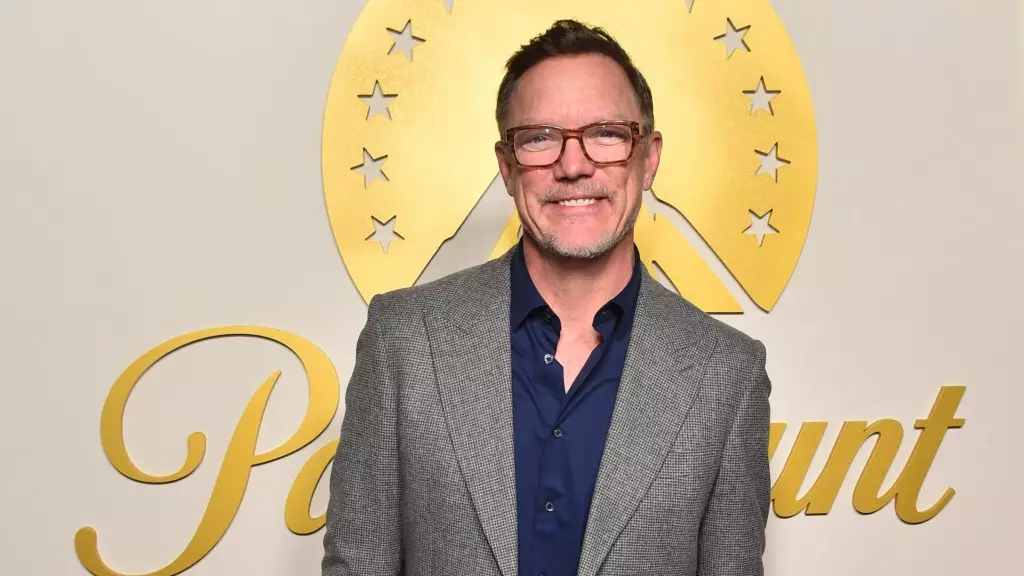When we talk about nostalgia in film, especially within iconic franchises like *Scream*, the balance between honoring the past and innovating for the future becomes increasingly precarious. Actor Matthew Lillard’s recent comments about his potential return to the series exemplify this duality. On a panel at Hartford’s 90s Con, Lillard expressed his excitement, yet deep-seated fear of ruining the legacy of a film that has transcended its genre. His trepidation is valid: in a world saturated with reboots and sequels, how can creators ensure that they aren’t merely capitalizing on past successes without contributing something meaningful?
Lillard’s fear speaks volumes about the current landscape of Hollywood, where studios often lean heavily on familiarity to draw audiences. The *Scream* franchise, which began in 1996 and has continued to evolve, now finds itself at a crossroads where the weight of cultural significance is both a blessing and a curse. Lillard, known for his role as the cunning Stu Macher, recognizes the delicate nature of this legacy. The actor cannot help but wonder if his return is, in fact, the beginning of a downward spiral for a once-revered film series.
From Icon to Cliché: A Franchise Under Threat
The crux of Lillard’s anxiety isn’t merely about his performance—it’s about the broader implications of nostalgia-driven storytelling. As *Scream VII* approaches its release, the worry among fans and creators alike is palpable: will this film honor what made the original great, or will it devolve into a stale imitation, relying on tropes and gimmicks that have lost their potency? As we have seen with countless other franchises, the line between homage and parody can easily blur, leaving a bitter taste in the mouths of those who once loved the original.
As Lillard candidly admitted, his return threatens to “screw up” an established legacy. But one must question: is that a personal failing, or a systemic issue within the industry? The fear of individual actors taking a misstep eventually morphs into a broader critique of a culture that increasingly resurrects only the familiar.
The Juggling Act of Legacy and Innovation
It’s telling that Lillard has moved on to roles in projects such as *Five Nights at Freddy’s*, which also plays on the familiarity principle. This dichotomy is symptomatic of the struggle many actors face: how to balance past triumphs with the demand for fresh narratives. As Lillard sings praises of the original *Scream*, he also hints at an essential truth—the need to respect the past while daring to forge a new path forward. Within this spectrum, innovative storytelling often takes a backseat to the comfort of rehashed plots and characters who’ve already become familiar.
Perhaps Lillard’s candidness about his insecurities sheds light on a more profound issue: the pressure on artists to carry the weight of legacy can be more debilitating than we realize. *Scream* may have been a bastion of horror innovation in the ’90s, but what does its future hold? Can it transcend the nostalgia factor that threatens to confine it in a box of nostalgic clichés?
In the end, we must grapple with the reality that making art is inherently risky, particularly in a genre that thrives on shocking audiences. As viewers, we crave authenticity; as creators, they yearn for the same. The real question remains: can the *Scream* franchise continue to evolve in a way that respects its roots, while also shouting loud enough to carve out a new legacy?

Leave a Reply